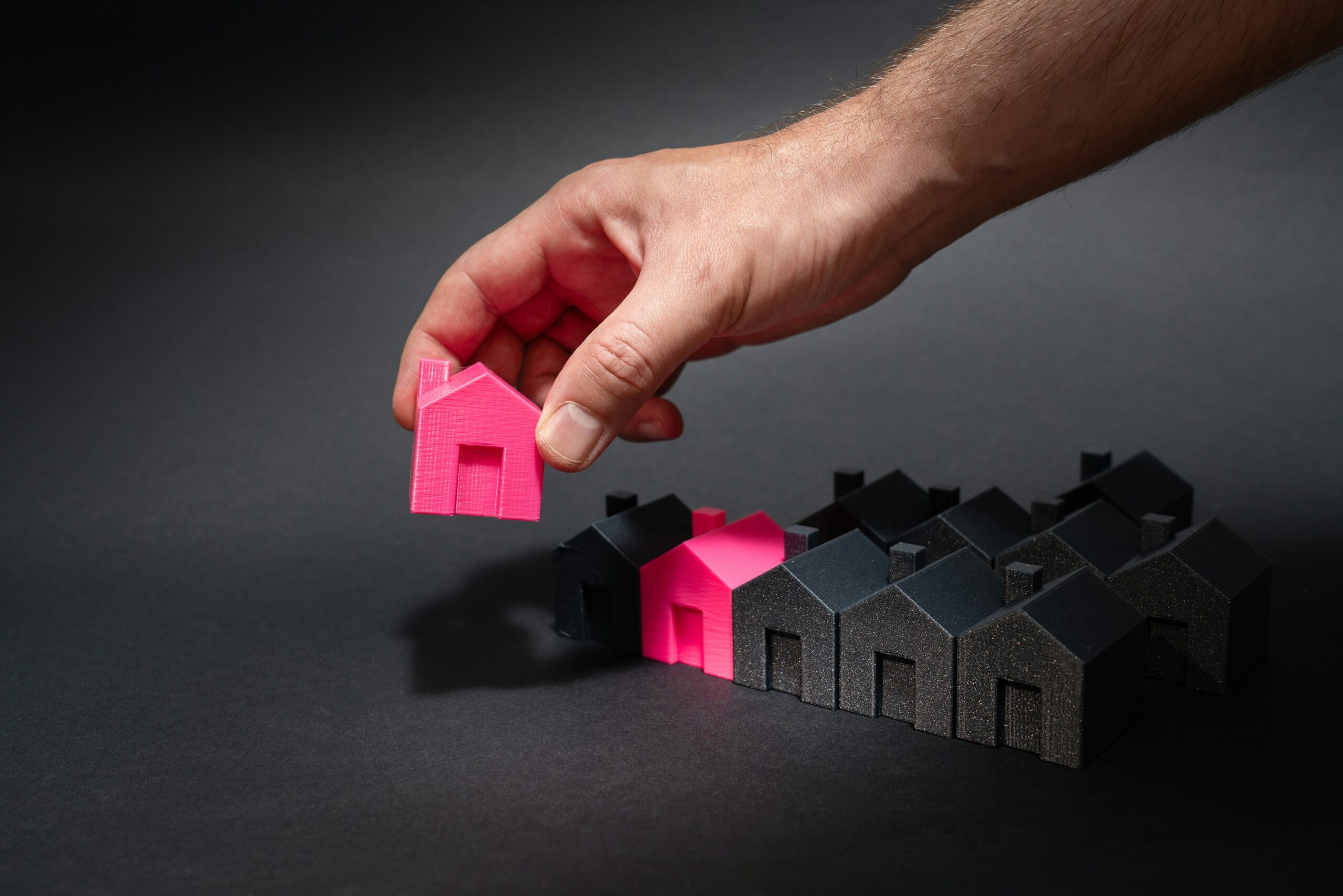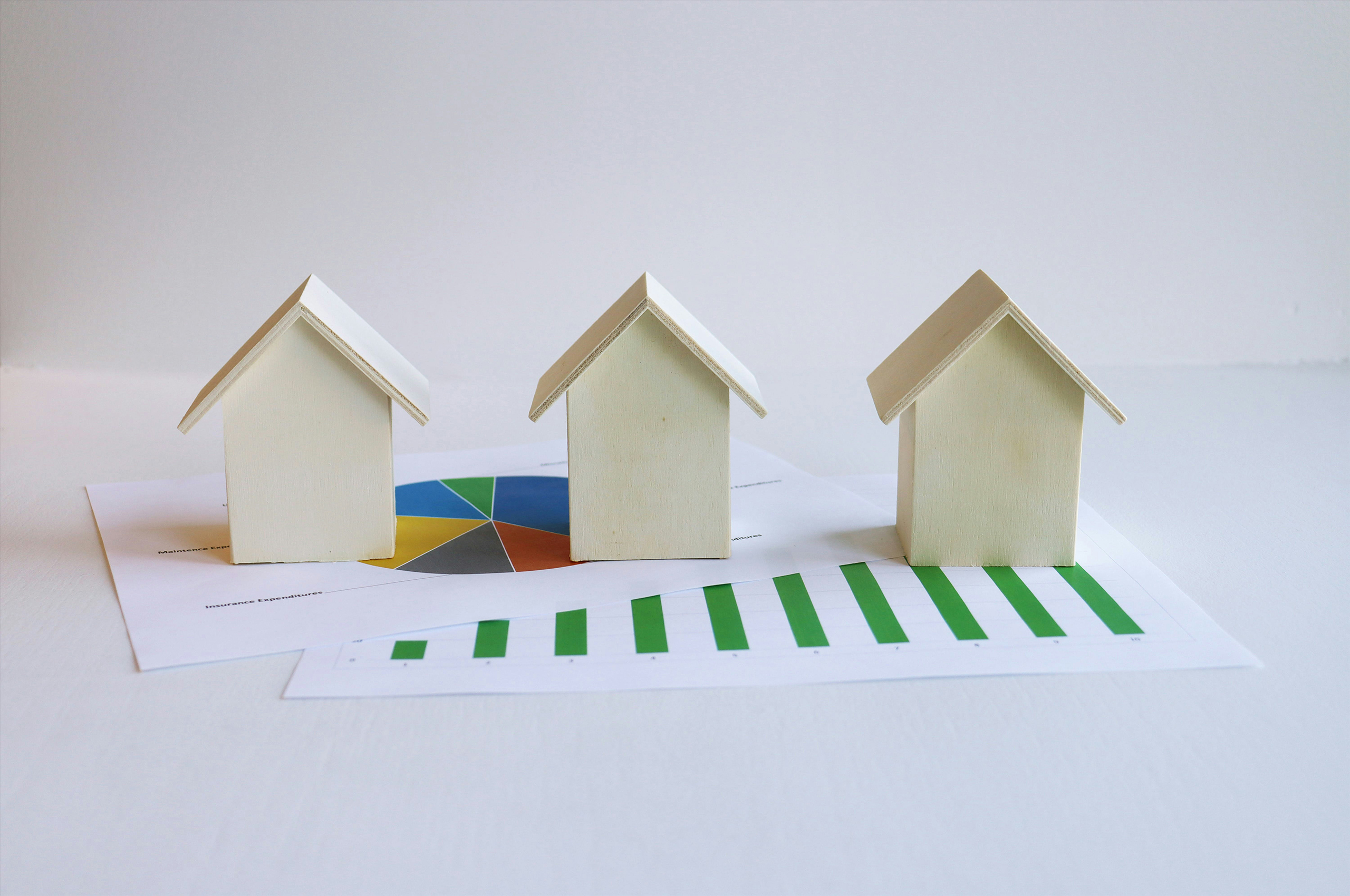How to Improve Your Credit Score Before Buying a Home
Selling your home can be an exciting journey, but it’s often filled with stress and uncertainty. With so much to think about, even small missteps can end up costing you time, money, and peace of mind. Understanding the most common mistakes sellers make and how to avoid them can make a big difference in your experience and outcome.
Let’s be honest buying a home is both exciting and a little intimidating. It’s one of the biggest financial decisions you’ll ever make, and for most people, their credit score plays a major role in the process. So, where do you start? Right here. Let’s walk through what you need to know and do to get your credit score in shape before buying a home.
Your credit score matters because it tells lenders how risky you are. Think of it as a financial trust meter. The higher your score, the more likely a bank is to offer you a loan with favorable terms and lower interest rates. If your score is lower, you may still qualify for a mortgage, but you’ll likely pay more in the long run. In the world of credit, every point really does count.
The first step to improving your credit is to know where you stand. You can’t fix what you don’t know. Start by checking your score through free services like Credit Karma, or see if your bank offers a similar feature. In addition, pull your full credit reports from the three major bureaus: Equifax, TransUnion, and Experian. You’re entitled to one free report from each bureau every year at AnnualCreditReport.com. Save or print them, then go through them carefully. Look for any errors, old accounts, or suspicious activity. If something seems wrong, flag it you can dispute those issues, which we’ll cover in a moment.
Paying your bills on time might sound simple, but it’s one of the most powerful things you can do to build or maintain a strong credit score. Even one late payment can hurt your score significantly. Set up auto-pay, use reminders, or put notes on your fridge whatever it takes to stay consistent. Over time, on-time payments build the trust lenders look for.
Another major factor is your credit card balances. Even with a decent score, maxed-out cards can raise red flags for lenders. Aim to keep your credit utilization under 30% of your total credit limit. For example, if you have a $10,000 limit, try to keep your balance under $3,000. Lower is even better. Always try to pay more than the minimum, and if possible, pay off large balances. I once had a client increase their credit score by 60 points simply by paying down one hefty balance.
When it comes to old credit accounts, don’t be too quick to close them. It may seem logical to get rid of unused credit cards, but older accounts actually help your credit history. A longer credit history generally leads to a better score. Unless the card has a high annual fee or a specific downside, consider leaving it open. Use it occasionally, pay it off, and let its age work in your favor.
Try to avoid taking on new debt while you’re working on your credit. That means holding off on financing a new car, opening retail credit cards, or taking out any unnecessary loans. Every new credit application triggers a hard inquiry, which can temporarily lower your score. Also, taking on new debt impacts your debt-to-income ratio another key metric mortgage lenders consider. This is a time to keep your finances simple and stable.
Remember those credit reports you pulled earlier? Go through them line by line and look for errors. If you find a debt you’ve already paid, or an account you don’t recognize, you can and should dispute it. Each bureau has a straightforward process for submitting disputes, usually online. You’ll need to provide some documentation, but once the issue is reviewed and confirmed, it will be corrected or removed. Even one correction can boost your score.
Another credit-building strategy is becoming an authorized user on someone else’s credit card ideally someone with a strong credit history. You don’t need to use the card; just being listed as an authorized user allows their payment history and credit behavior to reflect on your own credit report. This isn’t a good option for everyone, and it requires a lot of trust. Make sure the person manages their credit responsibly, or their mistakes could end up hurting your score.
If you’re starting from scratch or have a very low credit score, a secured credit card can be a smart move. With a secured card, you put down a deposit often around $500 which becomes your credit limit. Use the card wisely and pay off your balance in full each month. Over time, this helps establish a credit history. Many people begin with secured cards and qualify for traditional credit cards within a year or so.
Another strategy that surprises some people is asking for a credit limit increase. If you’ve been using a credit card responsibly, you can contact the issuer and request a higher limit. The key is not to use the extra credit it’s about improving your credit utilization ratio. A higher limit with the same balance reduces your usage percentage, which can help your score. It’s a small step that can make a noticeable difference.
Improving your credit takes time, so be patient and stay consistent. A few years ago, I worked with a buyer who spent nine months focusing on their credit. They started with a score in the low 600s and eventually reached the mid-700s. As a result, they qualified for a great interest rate and saved thousands over the life of their loan. You can do it too it just takes commitment.
Here are some bonus tips to help you stay on track: Set clear goals and write them down. Keep them somewhere visible so you stay motivated. Use apps to monitor your progress and celebrate small wins along the way. If you’re struggling, consider speaking with a legitimate credit counselor but be cautious and avoid credit repair scams. And don’t hesitate to talk with your lender early in the process; they can offer advice tailored to your situation.
So what kind of credit score do you actually need to buy a home? For most conventional loans, lenders look for a score of at least 620. FHA loans can go as low as 580 if you’re putting down 3.5%. To get the best rates, aim for a score of 740 or higher. If your score is in the 500s or low 600s, focus on building it steadily. Every 20-30 point increase can save you real money over the life of your mortgage.
Here’s the bottom line: The best time to start improving your credit was yesterday. The second-best time is today. Even if you’re not ready to buy a home for another six months or a year, the effort you put in now will make a difference. Start by checking your credit score, make a plan, and follow these steps one at a time. Before you know it, you’ll be in a much stronger position to qualify for a mortgage and that dream home you’ve been picturing will be closer than you think.
You’ve got this.
Disclaimer: This article is for informational purposes only and does not constitute financial advice. Readers should consult with financial advisors and real estate professionals before making investment decisions.
Related Blog Posts

Buying a home is one of the biggest financial decisions you’ll ever make, and timing plays a crucial role in ensuring you get the best deal possible...
Are you thinking about where you want to live long-term? Maybe you’re weighing your options between renting and buying...
Let me guess—you’ve looked at a few houses recently, ran the numbers, and thought, “Wait, how can anyone afford this?” You’re not alone. Home...
Let’s be honest—real estate commissions can feel confusing. Who pays whom? How much? And what are you really getting in return? If you’re buying or...




